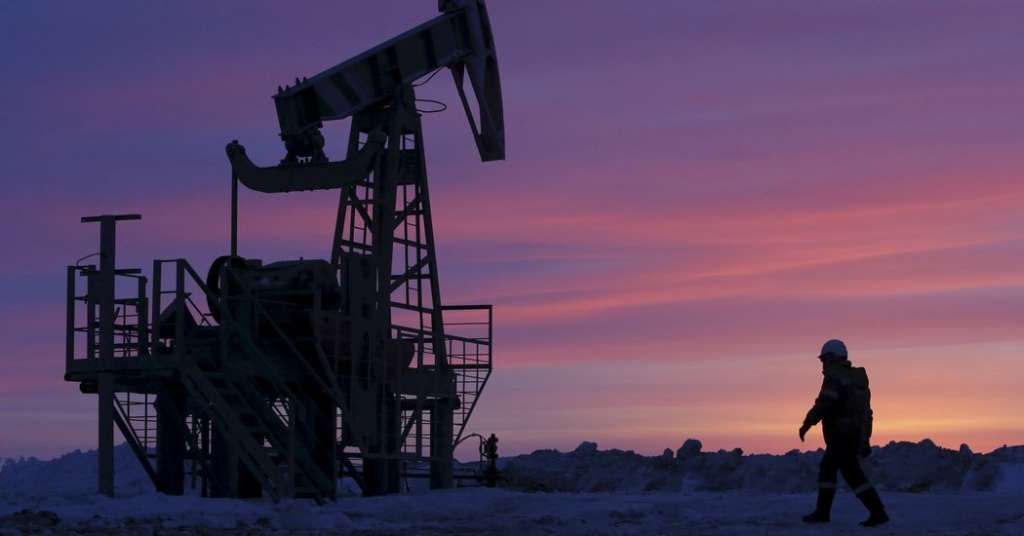Reversing early losses, oil prices bounced back on Tuesday. Reuters had reported Iran sending positive signals that it may support joint OPEC action to prop up the market.
Brent crude was up 30 cents, or 0.6 percent, at $49.46 a barrel. It had fallen 1.4 percent earlier.
U.S. West Texas Intermediate (WTI) crude rose 20 cents, or 0.4 percent, to $47.61, after reaching a session low of $46.59.
Iran has been increasing output since the lifting of Western sanctions in January and refused in April to join an OPEC production freeze plan.
Though it has not officially announced whether it will join a new effort to curb production at a meeting of OPEC and other producers in September, Tehran appears to be more willing to reach an understanding on the matter, sources in OPEC and the oil industry told Reuters.
“Iran is reaching its pre-sanctions production level soon and after that it can cooperate with the others,” said a source familiar with Iranian thinking after a visit by Venezuelan Oil Minister Eulogio Del Pino to Tehran.
A two-year long selloff in oil has severely hurt the economies of Venezuela, Iraq and Nigeria and they are more anxious to boost crude prices than OPEC producers such as Saudi Arabia and Iran, that are more keen in protecting market share. Despite rebounding this year, oil still trades at less than half of mid-2014 levels of above $100 per barrel.
Del Pino last week toured oil-producing countries, including Saudi Arabia, to convince OPEC for a production freeze after a similar plan failed in April. Many analysts remain skeptical of the effort.
“The current price level of well over $40 does not provide non-OPEC producers with any kind of motivation to support oil prices by cutting or maintaining current production levels,” said Tamas Varga, analyst at London-based energy broker PVM.
According to Rystad Energy, Saudi Arabia and Iran had the lowest oil production costs in OPEC, at around $9 a barrel each, while Iraq’s was about $10.
Venezuela’s cost was more than double of those, at $27 a barrel, while Nigeria’s was the highest at $29.
Iraqi Oil Minister Jabar Ali al-Luaib, at a meeting in Baghdad on Tuesday, told foreign oil companies to increase oil output and exports.
Iraq’s call for more output came on top of worries about burgeoning Chinese fuel exports, more Iraqi and Nigerian crude shipments and a rising U.S. oil rig count.
